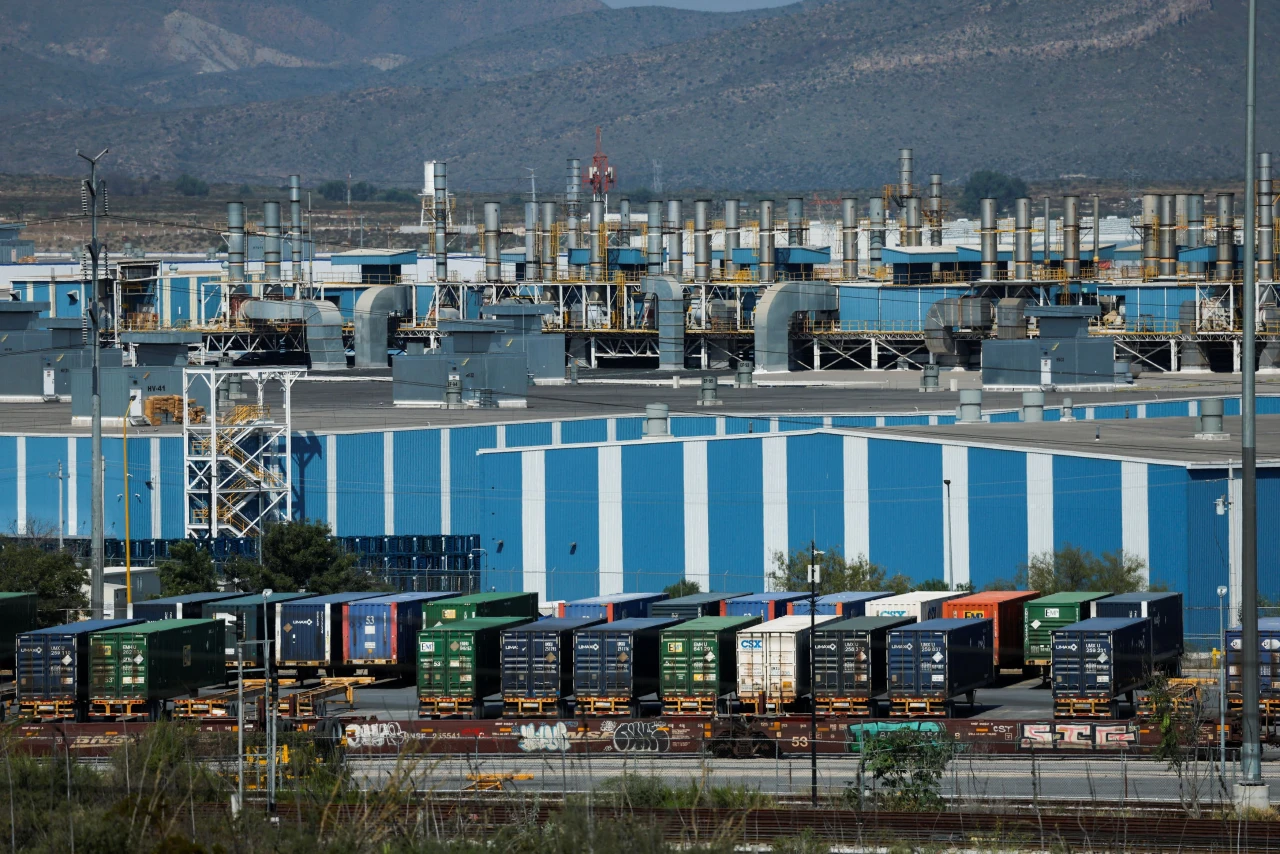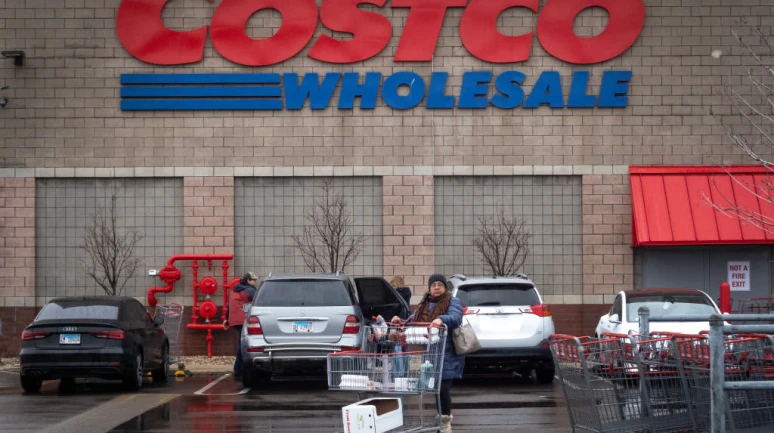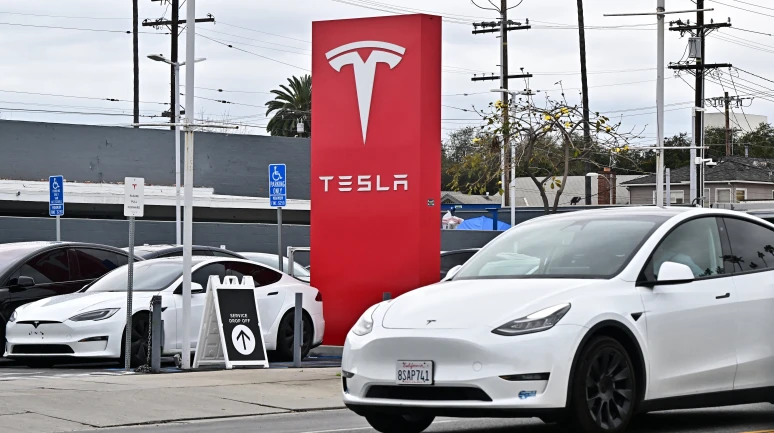Trump's decision to implement these tariffs has sparked fears of significant financial losses for the companies, highlighting the precarious position they may find themselves in. The automotive sector, already facing various challenges, now has to navigate through additional obstacles that could threaten its financial stability. The implications of these tariffs on the profitability and operations of General Motors, Ford, and Stellantis remain a critical issue that the industry closely monitors.
U.S. President Donald Trump's recent tariffs are causing concerns for the "Big Three" automakers - General Motors, Ford, and Stellantis. According to Barclays analyst Dan Levy, the 25% tariffs on goods imported from Canada, Mexico, and an additional 10% tariff on goods from China could potentially wipe out the profits of these automakers. The three countries have retaliated by announcing their own tariffs.
Impact of Tariffs on Automakers
On Tuesday, the implementation of 25% tariffs on imports from Canada and Mexico, along with an additional 10% tariff on goods from China, has sent shockwaves through the automotive industry.
The impact of these tariffs is already visible in the stock market, with shares of GM, Ford, and Stellantis dropping significantly on Tuesday. GM fell nearly 4%, Ford more than 2%, and Stellantis over 4%, resulting in year-to-date losses for all three companies.Levy emphasized that GM and Stellantis would be the most affected by the tariffs, as they heavily rely on Canada and Mexico for their U.S. vehicle sales. These countries make up a significant portion of their North American production, especially for their profitable truck models.
Analyst Warning
Analyst Dan Levy warned that the blanket tariffs on vehicles or content from Mexico and Canada could potentially wipe out all profits for the Big Three automakers if no adjustments are made to production plans or pricing.
The analyst cautioned about the potential for further volatility in the market until there is more clarity on the outcome of the tariffs. However, he also sees buying opportunities if significant weakness emerges in the automakers' stocks. Levy concluded by stating that tariffs of this magnitude are unlikely to be sustained in the long term due to the potential for disruptions in the industry.
President Donald Trump's recent tariffs pose a serious threat to the profits of major automakers General Motors, Ford, and Stellantis, according to Barclays analysts.
Market Response
Following the tariff announcements, shares of GM, Ford, and Stellantis experienced significant declines, with GM falling nearly 4%, Ford dropping over 2%, and Stellantis declining more than 4%.
While Ford is considered to be less impacted due to its lower reliance on Mexico for vehicle production, it still faces risks related to parts sourced from Mexico and Canada. Levy estimated that a 25% tariff on vehicles with parts content from these countries could lead to an increase of $2,500 to $3,500 in costs.
Long-Term Effects
The year-to-date losses for GM, Ford, and Stellantis have now exceeded 14%, 7%, and 9% respectively, indicating the long-term impact of the tariffs on their financial performance.
Concerns for Automakers
Barclays analysts expressed concerns about the potential for increased volatility in the market due to ongoing trade tensions and emphasized the importance of monitoring the situation closely for buying opportunities.
Specific Risks
While GM and Stellantis are expected to be most affected by the tariffs due to their heavy reliance on Canadian and Mexican production, Ford also faces risks related to parts sourcing from these countries.
Cost Estimates
Levy estimated that a vehicle with half of its parts sourced from Mexico and Canada could see a cost increase of $2,500 to $3,500 as a result of the tariffs, highlighting the potential financial impact on consumers.

























